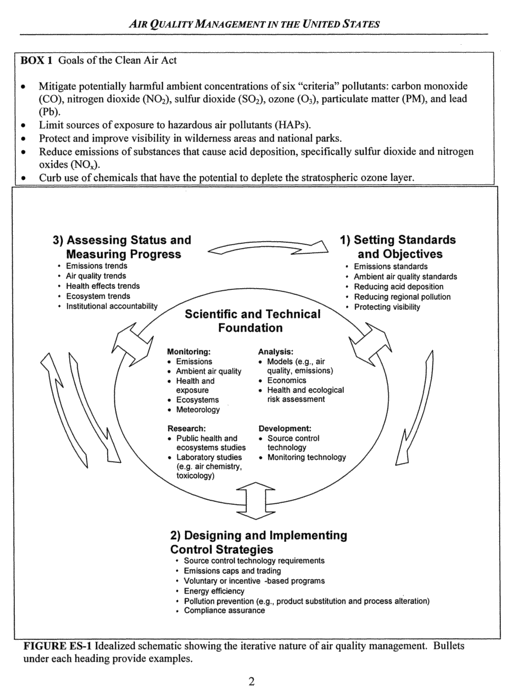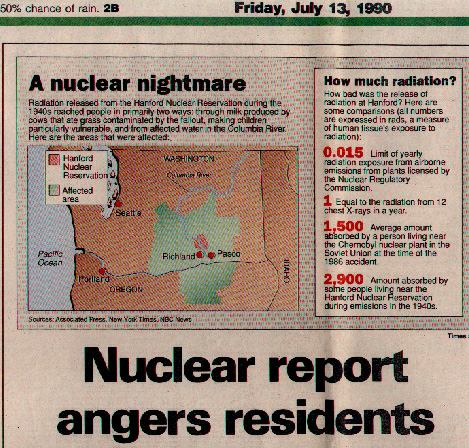
The contamination of our public spaces, collectively called the commons is one of the origins of our contemporary disruptions in ecosystems worldwide.
Air as one of the existing commons in contemporary America:
Davis,
"the physical characteristics of air pollution.... It extends across city and county boundaries throughout its entire airshed. Air cannot be clean for one person if it is not clean for everyone.... The social science term for this concept is 'collective good'."
(Economists use the term 'public good.' but political scientists refrain from using this word because it is too easy to confuse 'public' with 'governmental.')"
p. 28
The Exquisite Corpse: A Coal field Disaster?
€€€
Carbon dioxide from fossil fuel, such as coal burning, is not the only example of a common property resource problem & a transboundary pollution case.
 "The advent of nuclear energy was a factor, among many others, in globalizing environmental policy concerns."
"The advent of nuclear energy was a factor, among many others, in globalizing environmental policy concerns."
Lynton K. Caldwell, p. 66, in Dunlap & Mertig, American Environmentalism (1992)
"No amount of popular concern over trans-boundary environmental problems-for example, over nuclear radiation, pollution of water, and outer space, export of hazardous materials, loss of the world's genetic heritage, or the spread of contagious disease –can lead to effective action without the involvement of government."
Ibid.
The Natural Bridge in Virginia, is an example of a scenic location of such importance it was preserved as a public space, or commons.
Coastal "tidal zones" are commons.
![]()
Hardin | commons | Tragedy of the Commons | Ecosystem Services